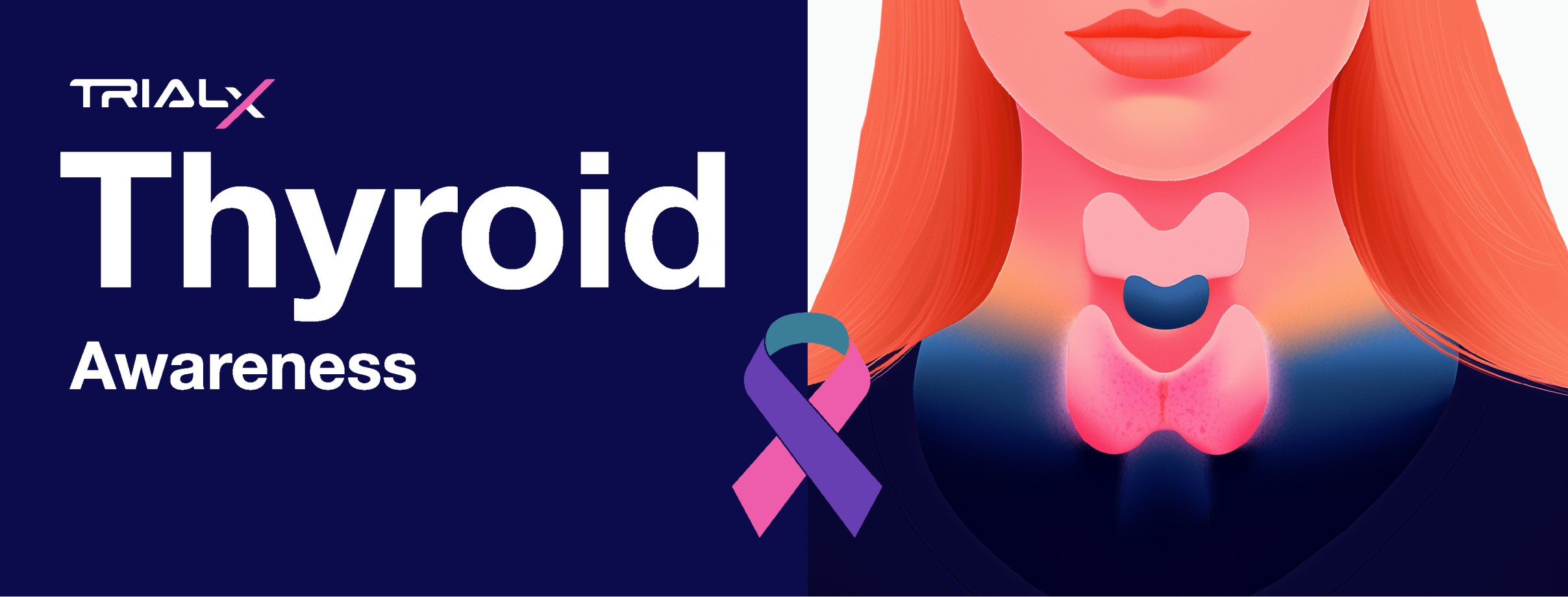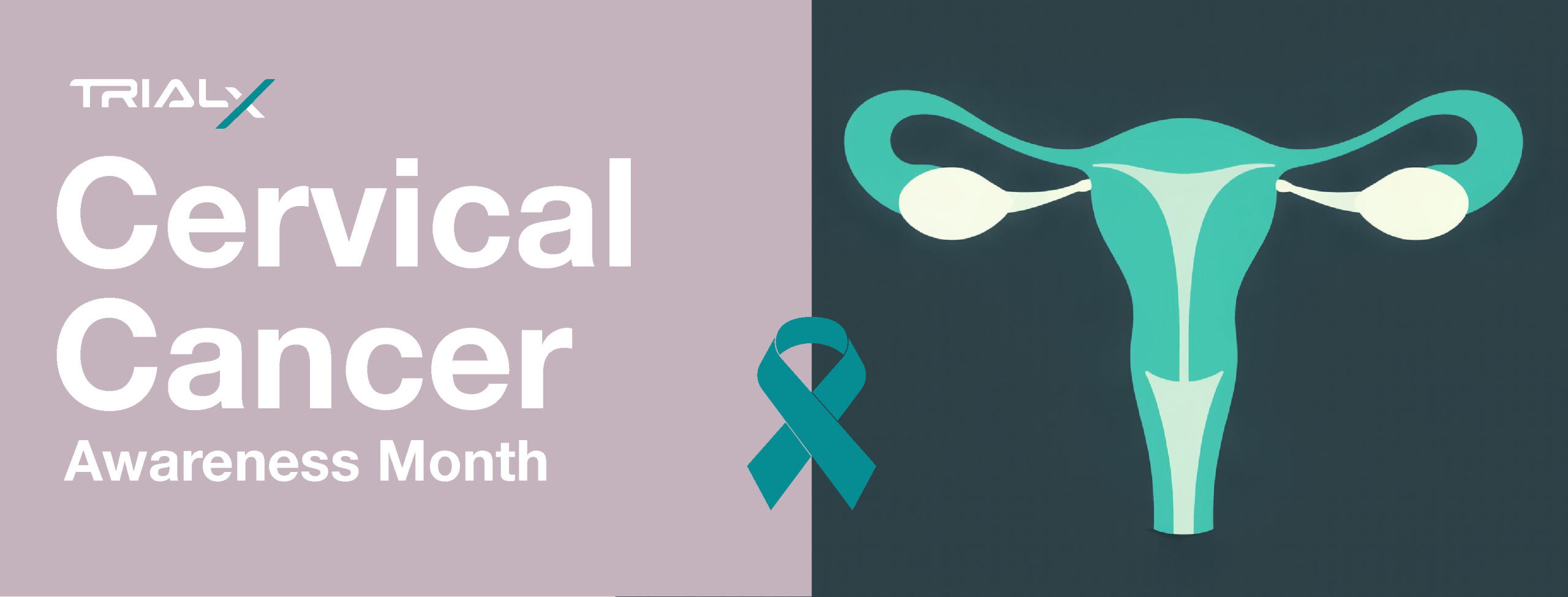CAR-T Cell Therapy Clinical Trials – Promising Advancement in Medicine
Two radically new gene based immunotherapies were approved by the FDA this year – Kymriah followed by Yescarta – in August and October, respectively. Approved in August 2017, before Novartis named the drug Kymriah (Tisagenlecleucel) – it was known as CTL019. Kymriah was approved for treatment of an aggressive type of Leukemia (specifically Acute Lymphoblastic Leukemia) in children and young adults up to 25 years of age who did not respond to other treatments.
Kite Pharma’s Yescarta™ which is chemically Axicabtagene Ciloleucel, was approved for adults with aggressive forms of a blood cancer, non-Hodgkin’s lymphoma, who have undergone two regimens of chemotherapy that failed.
What is CAR-T Cell Therapy ?
CAR-T cell therapy uses a patient’s own immune cells to treat their disease. In this form of therapy, immune cells are collected from a patient’s blood; re-designed in the lab to produce special receptors called chimeric-antigen receptors (CAR), that attach to a specific target on cancer cells; grown in the lab until they are in the billions; and then infused back into the patient.
The specific target antigen that a CAR attaches can be many. The recent major successes of CAR-T cell therapy – Yescarta and Kymriah – were related to target CD19 and most of the registered CAR-T trials are also targeting CD19 antigen.
Clinical trials results of other blood cancers, including chronic lymphocytic leukemia (CLL), some types of non-Hodgkin lymphoma (NHL) including diffuse large B cell lymphoma (DLBCL) and follicular lymphoma, as well as multiple myeloma, are also very promising. Clinical trials aiming at treatment of other cancers like various liquid malignancies, solid malignancies, glioblastoma, multiple myeloma etc. are testing other targets including CD22, BCMA, CD20, CD30, CD33 etc. Many trials studying solid malignancies are focussing on Mesothelin followed by GPC3, GD2, EGFR and CEA as antigens.
Ongoing CAR-T Cell Therapy Clinical Trials
The first CAR-T cell trial was registered in 2004. As an article by ASCO states, the number of trials researching CAR-T cells reached 183 in April 2017, an increase from 2010 when fewer than five trials focusing on this area of research were conducted. According to another report, 116 CAR-T trials were registered in 2016 alone.
Yet another report mentions that 341 trials were registered worldwide from 2001 through June 2017. It also states that 48% of all CAR-T cell trials that are active are listed in China. This study by Bingshan Liu et al, published in October 2017 gives an analysis of CAR-T cell studies in China.
CAR-T Cells in Multiple Myeloma Treatment
Results from two early-phase CAR-T cell based clinical trials in multiple myeloma suggest that the therapy may be highly effective in advanced multiple myeloma patients.
Both trials used CAR-T cells engineered to target a protein on myeloma cells called B-cell maturation antigen (BCMA). Most patients in the trials had good responses, including many who experienced complete remissions. However the researchers believed that the length of follow-up for most patients was limited. Preliminary findings from these two trials, one conducted in China ( funded by Nanjing Legend Biotech) and the other in United States (funded by Bluebird bio, Inc.), were presented at the American Society of Clinical Oncology (ASCO) annual meeting in Chicago this year.
BCMA-targeted CAR-T cells were first tested in 2014 at NCI. Several other ongoing trials, in addition to the two reported at ASCO, are testing them. BCMA is not expressed on any non-blood cells. It is expressed in most patients with multiple myeloma.
The researchers leading the Nanjing Legend trial are continuing to enroll patients in their trial and are undergoing regulatory paperwork with FDA to launch a similar trial in the United States early next year.
According to Jesus G. Berdeja, M.D., of the Sarah Cannon Research Institute in Tennessee, the bluebird trial will now proceed to the dose-expansion stage.
CAR-T Cells in Brain Tumor (Glioblastoma) Treatment
A team at the Perelman School of Medicine at the University of Pennsylvania, led by principal investigator Donald M. O’Rourke, MD, an associate professor of Neurosurgery at Penn, and Marcela Maus, MD, PhD, have reported results from the clinical trial on first 10 glioblastoma patients treated using CAR-T cells engineered to track down and kill cancer cells that express a tumor-specific protein EGFRvIII.
The results of the study showed that CART-EGFRvIII cells had an acceptable safety profile, crossed the blood-brain barrier, infiltrated the tumor, and prompted an immune response, resulting in reduction of the EGFRvIII tumor antigen in glioblastoma cells. Dr. O’Rourke said “This is an early stage trial, but we are encouraged by the fact that the cells got into the brain, proliferated, and reduced the level of antigen with very little toxicity to the patients. We can build on this as a therapeutic option for these patients. It gives us clues on what to do next.”
CAR-T Cells in Pancreatic Cancer Treatment
Engineered CAR-T cells have not shown positive results with solid tumors yet. This is because it is difficult for these cells to penetrate and move around effectively in a dense micro-tumor environment. Moreover, in solid tumors, the target cancer cells are harder to distinguish from healthy cells, as they express common biomarkers, creating the potential for overkill of normal cells as well. Still, researchers are trying to apply the knowledge gained from use of CAR-T cells in blood disorders to solid tumor cancers such as pancreatic cancer.
A phase I human trial is now under way at Penn to not only test the efficacy of CAR-T cells in pancreatic cancer. The aim of this clinical trial is also to learn how to improve the potency of this immunocellular therapy, E. John Wherry, director of the Institute for Immunology at the Perelman School of Medicine says.
Resources to Learn About CAR-T Cell Therapy Clinical Trials
Clinical trials listing on CAR-T trials can be found on www.clinicaltrials.gov using keywords like CAR-T cell therapy, CAR-T trials, CAR-T cell clinical trials etc.
National cancer Institute supported trials can be searched from https://www.cancer.gov/about-cancer/treatment/clinical-trials/search
Here is a list of some ongoing CAR-T trials at the University of Pennsylvania. You can find ongoing CAR-T trials at Penn Medicine Abramson Cancer Center here: https://www.pennmedicine.org/cancer/cancer-research/clinical-trials/what-sets-penn-clinical-trials-apart
More resources on CAR-T cell therapy trials can be accessed at sites like:
www.CancerSupportCommunity.org
www.cancer.gov/about-cancer/treatment/research/car-t-cells
Another gene therapy is expected to get approval in 2018. This therapy, pioneered by Jean Bennett, a physician and scientist at the University of Pennsylvania, will be called Luxturna and will be made by Philadelphia-based Spark Therapeutics. It will help treat people with a genetic eye disorder. If approved, Luxturna would be the first treatment in the US meant to fix an inherited genetic trait.
Dr. Carl H. June, MD, of the University of Pennsylvania, who is one of the pioneers of CAR-T cell therapy, shared all about his CAR-T Cell Journey and the Cancer Treatment Revolution with CureTalks .




